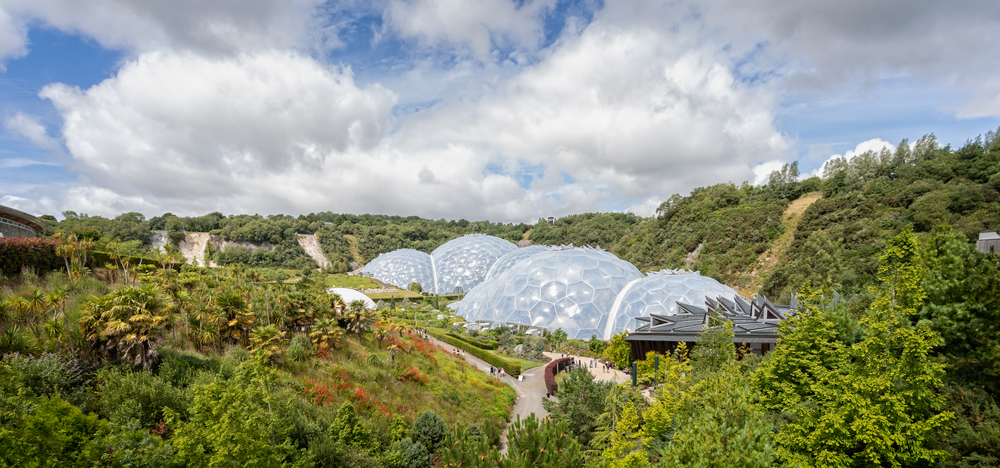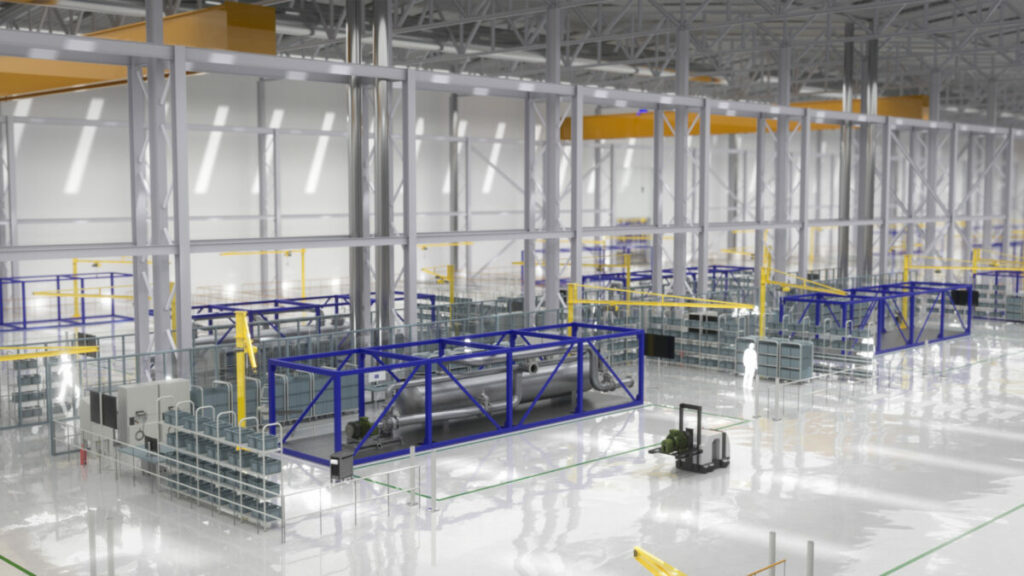Over the past few years, commercial landlords have faced an escalating challenge as ESG credentials have become increasingly fundamental to the commercial viability of office, retail and hospitality properties.
Demand for spaces with top environmental credentials has hit a new high and London is starting to wake up. Earlier this year, a record number of green office refurbishments launched– with 37 new projects overhauling existing office buildings in the city, spanning 3.2 million sq ft.
Despite this, Jonathan Moore, senior associate director at Hartnell Taylor Cook believes the environmentally-friendly UK retail infrastructure is lagging behind…
While commercial property as a whole is embracing a green infrastructure, the retail market remains an ugly duckling, with a significant ESG divergence starting to form between retail and office stock.
While brands themselves are not shy of touting their environmental initiatives, when it comes to brick-and-mortar stores and larger retail developments, innovative green infrastructure is often remiss. The UK in particular has been slow to wake up to the benefits and realities of urban greening that have been proven elsewhere. Paris, among other European cities, has been developing innovative green infrastructure for the past few years and is already starting to reap the benefits.
Now is the time for developers, landlords, and local authorities to work together to bring London to the forefront of global urban greening development; they only need to look across the channel for inspiration.
Differing landscapes
The outlook of the high street is fundamentally different to that of the office market, creating a diametric reality in the UK. Retail landlords are currently battling rising costs and an oversupply of vacant space, which is deterring them from investing in standalone stores.
Subscribe to Sustainability Beat for free
Sign up here to get the latest sustainability news sent straight to your inbox everyday
Over the past five years, the UK has lost over 6,000 retail outlets and the overall vacancy rate has continued to increase since the start of this year. Business rates, political turmoil, labour shortages, energy prices, and a cost-of-living crisis has pushed retailers to the brink and while retailers ultimately have the most to gain from improving the ESG credentials of our highstreets, it’s unrealistic for us to put the responsibility purely on their lap.
It’s far easier to build ESG credentials from scratch rather than building them into existing stock and office developments are currently having an easier time of attracting investors when it comes to establishing new schemes.
With an oversupply of retail space, new build developments are few and far between and landlords are faced with this challenge of reinventing what’s already there – no easy feat. This has led to a resigned mindset in the market, which combined with the difficulty of innovating on leasehold, has led to retail landlords settling on the view that there’s little they can do.
Eco innovation
While innovative solutions are starting to take shape in the UK, the city is still behind the curve compared to other European hubs and delivery timelines are lagging. Paris, for example, opened the world’s largest urban farm on a rooftop in 2020 and began converting derelict car parks into underground farms in 2019. Yet, London is seemingly only now waking up to the benefits and realities of urban greening.
The City of London Corporation is investing in a Cool Streets and Greening Programme, aiming to improve the green credentials of the Square Mile, however phases run up until 2025.
Investment and green schemes such as the recently launched partnership between the Canary Wharf Group and the Eden Project, which plans to build a green spine through the centre of Canary Wharf, are welcome. However, clearly, more needs to be done to incorporate green infrastructure into the whole city and not just in pockets; an integrated approach is a must.
If the UK wants to realise and accelerate its green agenda, local authorities must play a part in incentivising retail landlords to improve their ESG credentials. The growing demand for green stores from consumers will be pushing it up landlord’s agendas, but there is only so much they can do.
Green improvements
Waiting for local authorities to act could leave retailers waiting in an abyss for an extended period time, and there are steps that landlords can be taking now to improve ESG credentials on their existing portfolios.
As a first step, retailers need to start looking to maximise efficiency of energy use and improving their EPC rating. With 70% of city stock expected to miss the next EPC deadline, it’s crucial for retailers to take swift action if they are behind the curve.
Still additional carrots are needed, and the UK needs proper leadership to drive the retail sector’s green regeneration. Ultimately, funding is needed to bring London, and the UK, to the forefront of global urban greening progress.















